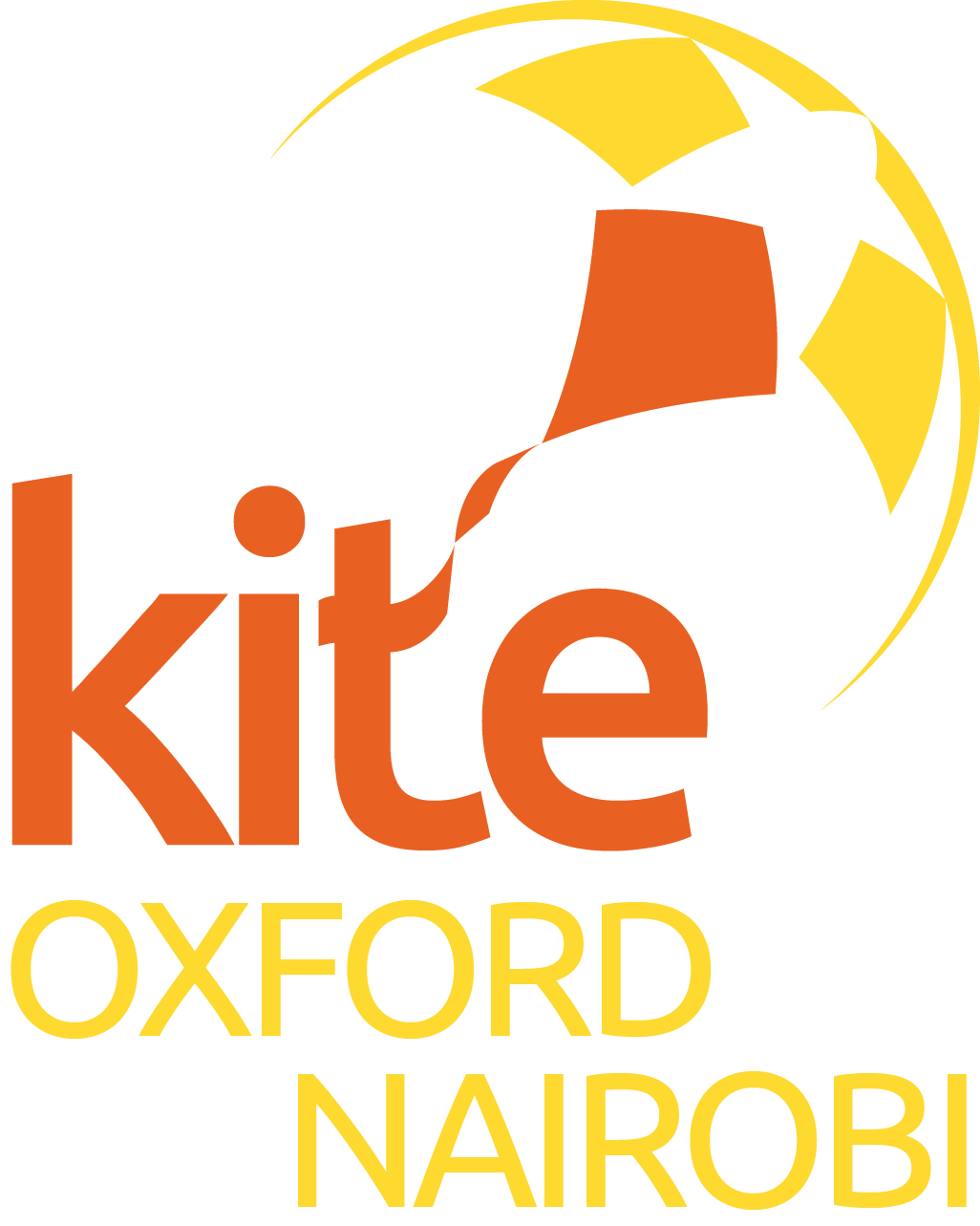THE KITE PROJECT CYCLE
Kite Oxford and Kite Nairobi contribute to innovation in development through a rolling cycle, beginning with problem identification and ending with handover of proven concepts to other NGOs. Evaluation of previous projects will feed into ideation as we look to develop our next pilot. Collaboration underpins this project cycle model, which brings together several actors including Kite’s Oxford and Nairobi committee, NGOs, communities and universities.
Our Aims
The Kite Oxford and Nairobi Partnership has three core aims:
Empower communities through our projects, alleviating problems that matter to them. Partnering with students in Nairobi allows us to consult recipient communities in project design, and recognise problems they feel are prescient. Ensuring community voices are heard from the beginning to the end of our project cycle, will allow us to maximise the positive impact of our projects, and will aid monitoring and evaluation with a view to their handover.
Use our access to university resources and student enthusiasm to drive innovation in development. Universities, acting as hubs for inquisitive minds and research, are great places in which to incubate solutions to under-addressed development challenges. Students provide a willing and engaged workforce for pursuing this innovation, translating ideas into pilot projects. Kite hopes to unlock this potential.
Engage and empower students in development. Our model aims to employ students in both Oxford and Nairobi more effectively than traditional student volunteering, by drawing on their specific skillsets and experience. Working with Kite they will also gain hands-on experience, bridging the experience gap between university and the development sector.


